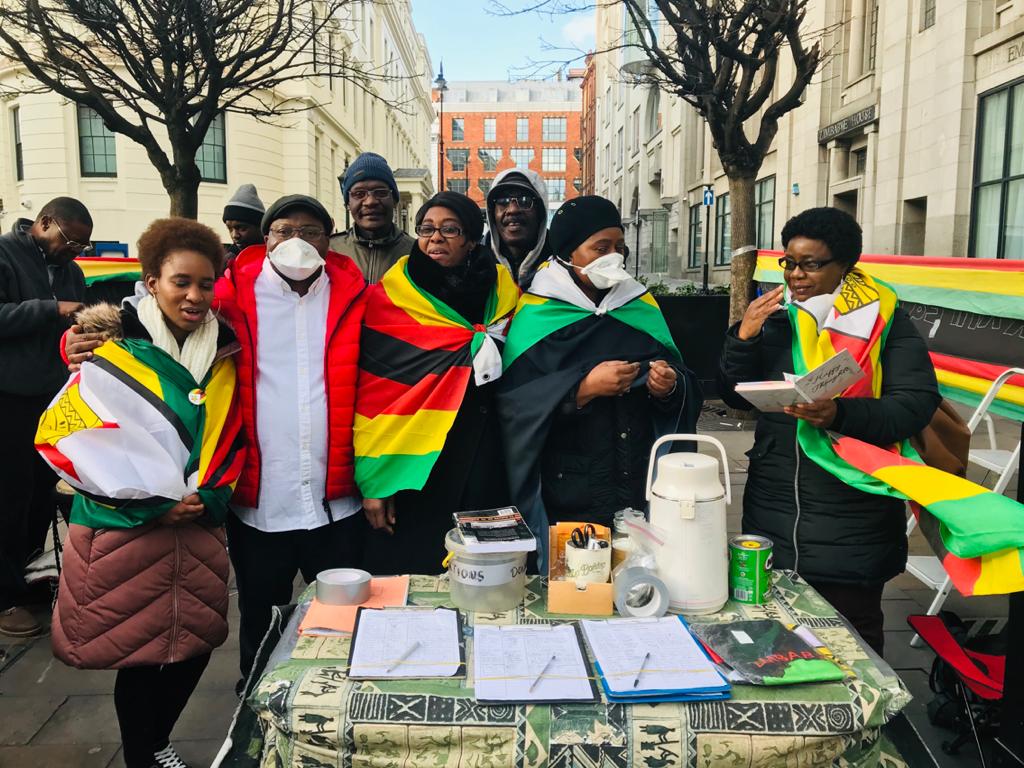(Photo by JB Lacroix /WireImage /Getty Images)
Kim Kardashian’s kwest to esquire kontinues!
As many who frequent Above the Law already know, Kim Kardashian wants to be a lawyer. Though she isn’t actually in law school (not having a bachelor’s degree makes that tough), she is studying via apprenticeship to be a lawyer with plans to take the bar exam in 2022.
Of course, because it is Kim, she’s taken to social media to document the process. She shared a criminal law issue spotter that cast Justin Bieber as a criminal mastermind, complained about the fact that law student life sucks, explained that she neglected her Keeping Up With the Kardashians livetweeting duties to keep up with torts homework, and she bailed on summer holiday festivities as she continued with her contracts homework. She even has a favorite law professor — University of Washington contracts professor Steve Calandrillo — who she’s shouted out on Insta.
Up next in Kim’s law school(ish) adventures is studying for the California baby bar. She’ll need to pass that exam if she wants to continue her studies, so it’s a top priority. According to Kim’s Instagram stories, she’s really been buckling down and studying all the time: “When I even have an hour off, I do all the test questions and practice.” What’s made the experience uniquely Kardashian is test questions that are tailored exactly to her.
 That’s right, thanks to bar prep company JD Advising, Kim’s been working on sample Multistate Bar Examination (MBE) questions written all about her and her family. Obviously, as she posted on Insta, she loved it, saying, “They gear them towards me and my products — stuff to really help me understand.”
That’s right, thanks to bar prep company JD Advising, Kim’s been working on sample Multistate Bar Examination (MBE) questions written all about her and her family. Obviously, as she posted on Insta, she loved it, saying, “They gear them towards me and my products — stuff to really help me understand.”
So, do you think you can ace the Kardashian spin on bar prep? Here are a few of the personalized questions you can try your hand at:
Kim spent her Labor Day studying Contract law. She was feeling tired and stressed out so her husband, Kanye, decided to surprise her with a deluxe spa package from her favorite spa. He purchased the spa package for Kim and told the spa Kim would be contacting the spa to set up an appointment at the day and time of her choosing.
On the day that Kim went to the spa for her scheduled appointment, the spa did not have the ingredients for the facial that came in the deluxe spa package.
If Kim sues the spa for breach of contract, will she be successful?
(A) No, because Kanye, not Kim, entered into the contract with the spa.
(B) No, unless Kim could show that she detrimentally relied on the contract.
(C) Yes, if the spa was not able to substitute an ingredient of similar value.
(D) Yes, as an intended third-party beneficiary.
And a crim law question to try:
A woman was driving, distracted by the Kim Kardashian: Hollywood app on her phone. She was so distracted that she inadvertently hit a construction worker. The construction worker was injured and went to the Intensive Care Unit at the local hospital. However, the construction worker survived.
Is the woman guilty of attempted murder in a common law jurisdiction?
(A) Yes, she is guilty of attempted murder in the first degree.
(B) Yes, she is guilty of attempted murder in the second degree.
(C) No, because she did not have the specific intent.
(D) No, because she did not come dangerously close to committing the crime.
And don’t forget about torts:
A man wanted to impress a woman who he knew was a huge Kim Kardashian West fan. The man knew that the woman was especially delighted by the fact that Kanye West had taken Kim to Las Vegas to see Celine Dion on their five-year anniversary. The woman mentioned this to the man.
The man decided to make the woman a Celine Dion playlist. He asked the woman out to lunch. She said yes. He gave her the Celine Dion playlist at the lunch and she was impressed.
When lunch was over, the man kissed the woman. The woman did not realize that the man thought they were on a date. She did not want to be kissed by the man.
Is the man liable for battery?
(A) Yes, because his acts constituted an offensive touching of another.
(B) Yes, because it was not reasonable to believe that going out to lunch constitutes a date.
(C) No, because the woman was not harmed in any way.
(D) No, if the man was reasonable in believing that the woman consented to the kiss.
Check out the answers to these questions — plus a bunch more — over at JD Advising’s website.
 Kathryn Rubino is a Senior Editor at Above the Law, and host of The Jabot podcast. AtL tipsters are the best, so please connect with her. Feel free to email her with any tips, questions, or comments and follow her on Twitter (@Kathryn1).
Kathryn Rubino is a Senior Editor at Above the Law, and host of The Jabot podcast. AtL tipsters are the best, so please connect with her. Feel free to email her with any tips, questions, or comments and follow her on Twitter (@Kathryn1).


 Olga V. Mack is the CEO of
Olga V. Mack is the CEO of 






 Jordan Rothman is a partner of
Jordan Rothman is a partner of 




